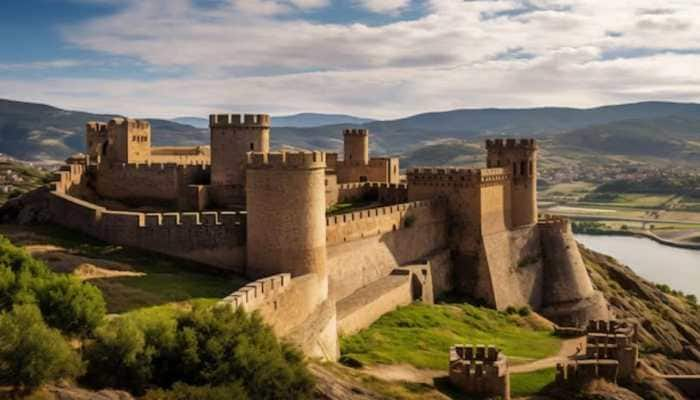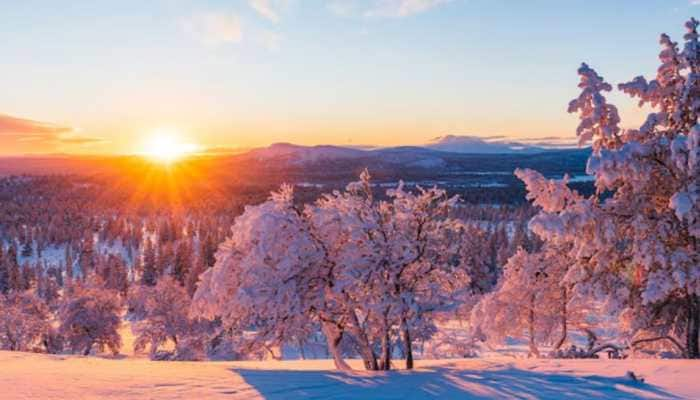Greenland`s ice sheet melting rapidly
A new study has revealed that surface ice melt will be the dominant process controlling ice-loss from Greenland.
Trending Photos
)
Washington: A new study has revealed that surface ice melt will be the dominant process controlling ice-loss from Greenland.
As outlet glaciers retreat inland the other process, iceberg production, remains important but will not grow as rapidly, according to the study.
The Greenland ice sheet is often considered an important potential contributor to future global sea-level rise over the next century or longer.
In total, it contains an amount of ice that would lead to a rise of global sea level by more than seven metres, if completely melted.
Changes in its total mass are governed by two main processes - fluctuations in melting and snowfall on its surface, and changes to the number of icebergs released from a large number of outlet glaciers into the ocean.
The ice loss from the ice sheet has been increasing over the last decade, with half of it attributed to changes in surface conditions with the remainder due to increased iceberg calving - the process by which ice detaches from the glacier to become an iceberg.
Researchers from the Vrije Universiteit Brussel, funded by ice2sea, a European Union project, tackled the question of how both processes will evolve and interact in the future.
This was done with a computer model, which projects the future ice sheet evolution with high accuracy using the latest available techniques and input data.
They devised a method to generalize projections made in earlier research which concerned just four of Greenland`s outlet glaciers. By doing so they could apply the earlier findings to all calving glaciers around the Greenland ice sheet.
Their results indicate a total sea-level contribution from the Greenland ice sheet for an average warming scenario after 100 and 200 years of 7 and 21 cm, respectively.
The balance between the two processes by which ice is lost is, however, changing considerably in the future so that iceberg calving may only account for between 6 percent and 18 percent of the sea-level contribution after 200 years.
ANI
Stay informed on all the latest news, real-time breaking news updates, and follow all the important headlines in india news and world News on Zee News.
Advertisement
Live Tv
Advertisement







)
)
)
)
)
)
)
)
)
)
